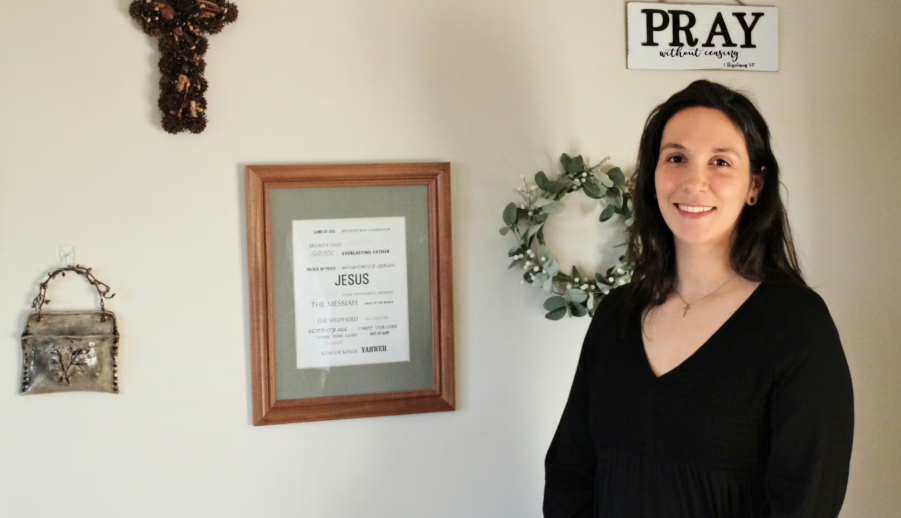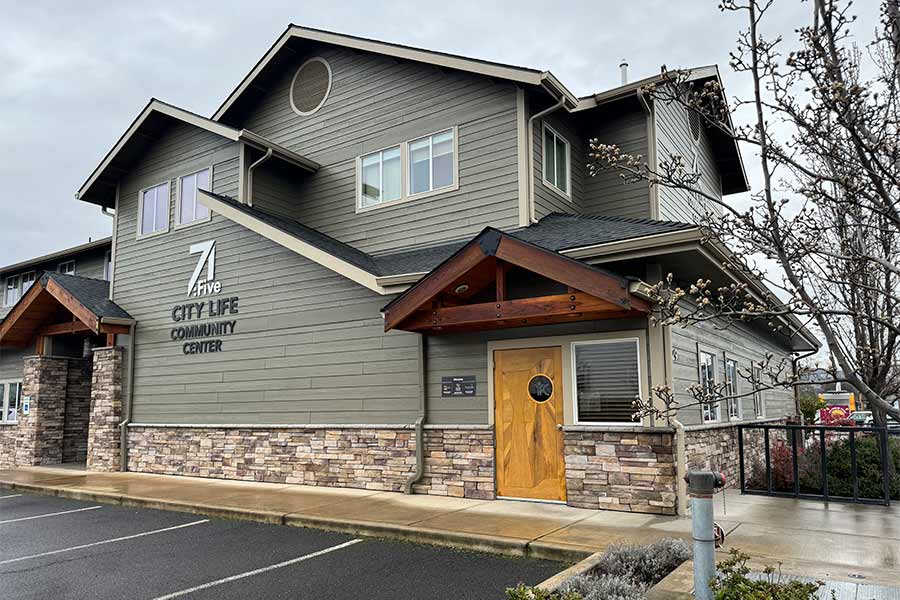A public school in Ludlow, Massachusetts, socially transitioned children without their parents’ consent or knowledge. Staff were required to intentionally deceive parents by using the children’s legal names and sex-based pronouns when speaking to parents, but use “genderqueer” names and pronouns elsewhere. Once the parents discovered what was happening, school officials at Ludlow ignored the parents’ direction to stop. The school’s policy violates parents’ fundamental right to direct the upbringing, health care, and education of their child.
Plaintiffs’ 11 and 12-year-old children were asked to record videos announcing their gender identity and preferred pronouns, which were uploaded to the school’s platform. Teachers instructed students not to use terms like “boys” and “girls.” The school librarian, who identifies as nonbinary, also sent children unsolicited suggestions through the school account to view LGBTQ-themed content. Both children subsequently began questioning their gender identity, the female sibling in particular. She shared with a teacher that she felt depressed, insecure, and uncertain about her gender and attraction. The teacher responsibly contacted the student’s mother to inform her, and the parents were grateful. They arranged for private mental health counseling and informed the school in writing that they would handle such sensitive matters at home, requesting staff not to have private conversations about gender identity with their daughter.
But Ludlow officials disregarded these clear instructions. Without notifying the parents, they began socially transitioning their daughter at school. Staff met with her privately, encouraged her to identify as “genderqueer,” and allowed her to adopt a male name and use nonbinary pronouns like fae/faerae/aer, ve/ver, xe/xem, or ze/sir, which the school enforced among teachers and peers. Name tags were changed, and she was referred to a local activist organization, Translate Gender, whose programs train youth to explore self-directed gender identity outside parental oversight. The school counselor sent the child for private meetings with the librarian, who identifies as nonbinary, and who proceeded to inculcate this middle school student with gender ideology. School staff went further by offering her use of whichever restroom she preferred, including boys’ facilities.
To the parents, however, all of this remained concealed. Staff were specifically directed to use her legal name and female pronouns in conversations with her family while using her chosen male name and “genderqueer’ pronouns at school. Her parents eventually and inadvertently uncovered the deception.
When the parents pressed for answers, they were met with resistance. A school principal refused to discuss the matter with them, indicating the school—not the parents—knew best. The superintendent and school committee defended the practice as a matter of “safety,” explicitly endorsing policies that allow students of any age to socially transition with school support, regardless of parental knowledge or consent. The superintendent declared parental rights a “thinly veiled … camouflage” for “intolerance, prejudice and bigotry.”
The school’s actions amounted to active concealment, interference with the parents’ chosen care plan, and direct undermining of parental rights. Despite their repeated requests—in writing and in person—school staff continued to privately counsel, guide, and socially transition their child without consent.




